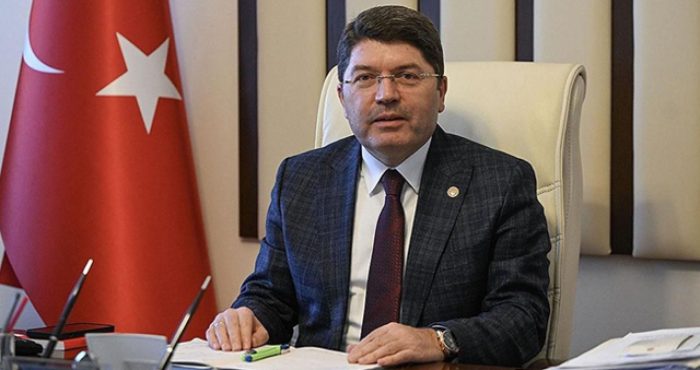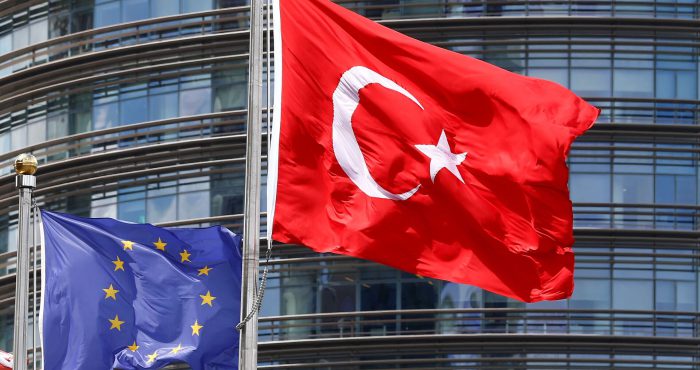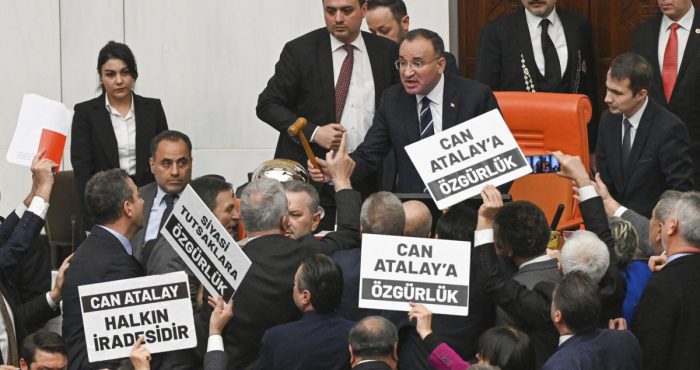Turkish society wants a stricter separation of powers between the branches and organs of the state but also improved harmony and cooperation between them. Fair representation in public administration and the supremacy of the rule of law and justice are also key desires. For this to be achieved, the judiciary needs to be independent from all kinds of tutelage and indoctrination; it must be neutral, effective and efficiently functioning, as well as accountable. The Constitution must also be developed and reformed in line with the aforementioned objectives.
The referendum on the implementation of the presidential system proved to be controversial, but one clear outcome of the surrounding debates is that the Turkish people stand strongly against the division of the country or the loss of the unitary state principle – or even the signs of the slightest movement in that direction. The issue of the survival of the state must be treated with due sensitivity, especially when considering the wishes of the Turkish people to reconcile the central government and the local governments. The questions about terrorism in the south-eastern region of Turkey, organisations in the northern parts of Iraq and Syria, and national and international problems which are rooted in the era before the First World War and the Turkish War of Independence, have all become sensitive issues of national security.
The two most significant desires of the Turkish people are a stable public administration and a strong principle of justice in representation, as referred to in Article 66(6) of the Constitution. Nonetheless, the executive branch of the state has adopted a constitutional amendment that makes it difficult to hold political administrators to account, yet simultaneously postulates that the rule of law should prevail. This is a clear indicator that stability in public administration is desirable to allow for swift and correct decisions, but that the creation of a more effective system of accountability and discharge is also needed.
Debates focused mainly on the decisions of the Supreme Electoral Council regarding the referendum demonstrate the extent to which it is important for Turkey to assure the independence of the judiciary and the reliability of judicial decisions, and to have a way of appealing against the decisions of the Supreme Electoral Council. With regards to the presidential system, a consensus should be reached that addresses the concerns of those who oppose the system and focuses on how the existing situation can be further improved and democratised.
People also expect rule of law and justice from better state governance. Almost all segments of the community are yearning for those good old days when even the sultans were accountable before courts, and the law ruled over all things. Legendary anecdotes regarding the sense of justice of His Holiness Ömer, and the cadi’s trying Sultan Mehmet the Conqueror and sentencing his hand to be cut as per Lex Talionis are indications of the people’s dream of justice. On the one side, the community is demanding social justice by embracing such concepts as the distribution of income, equality of opportunities, and merit, while on the other it is a common desire and goal that both the state and civil servants and the citizens should be treated and protected equally before the law, regardless of their identity, job position or title.




